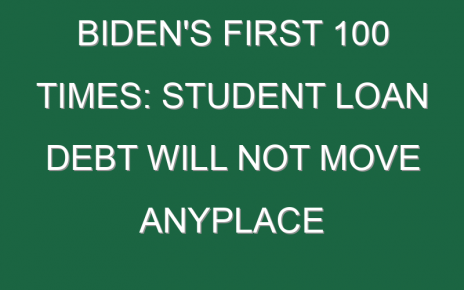This is the web version of Term Sheet, a daily newsletter on the biggest deals and dealmakers. Sign up to get it delivered free to your inbox.
Visa and Plaid mutually agreed to end their $5.3 billion deal late Tuesday.
Roughly a year ago, Visa announced plans to acquire the fintech company, heralding a spate of deals in the financial technology space. But late last year, the Department of Justice sued to block the acquisition, alleging that the credit card company sought to squash potential competition in its deal with Plaid. And while Visa says it believed it could have beat the lawsuit, the two companies have decided to go their separate ways.
The venture capital community has exploded into a frenzy of speculation over Plaid’s next move. One of the buzziest of buzzy fintechs, after all, was back on the market. Would it seek to go public via merger with another hot topic at the moment, a Special Purpose Acquisition Company (here’s a highly amusing tweet on the topic)? Per reporting from my colleague Jen Wieczner, Plaid is looking to go it alone.
“Moving forward without Visa’s backing, Plaid will likely seek to raise a fresh round of venture capital in the coming months, according to a person close to the company,” she reports.
On Twitter, Plaid board member Mark Goldberg too referenced the company’s high ambitions after the breakup. “Exciting news to share today—Plaid is staying independent,” he wrote, adding in what appeared to be a reference to the price at which Visa acquired Plaid: “The opportunity here is $50 billion+, not $5 billion.  ”
”
It’s a good time for fintechs, after all. Ironically, the DoJ’s lawsuit blocking the deal perhaps laid out the most bullish case for Plaid’s future in plain words. It implied that Plaid could launch a direct challenge against Visa. Yes, for the time being, Plaid helps connect financial apps to consumers’ bank accounts, but in the long term, Plaid could disrupt the debit card market and drive down transaction fees. After learning of Plaid’s plans, Visa’s CEO then opined, according to the DoJ: “[Plaid was] clearly, on their own or owned by a competitor going to create some threat to our important U.S. debit business.”
BETTING ON THE RETURN OF TRAVEL: While Visa and Plaid’s merger agreement is dead, fintech startups are still consolidating going into 2021. On Wednesday, payments company Rapyd announced that it raised $300 million in Series D funding led by Coatue. Investors including Spark Capital, Avid Ventures, FJ Labs, and Latitude also joined the round. Some 30% to 40% of those proceeds, says CEO Arik Shtilman, will go toward mergers and acquisitions.
The fintech space, he says, still needs consolidation. Meanwhile, the pandemic has shifted the market. “The pandemic created opportunities to invest in [for example] companies that were exposed to travel… or restaurants and stores,” he said. “We believe the physical world will come back. And come back big time.”


